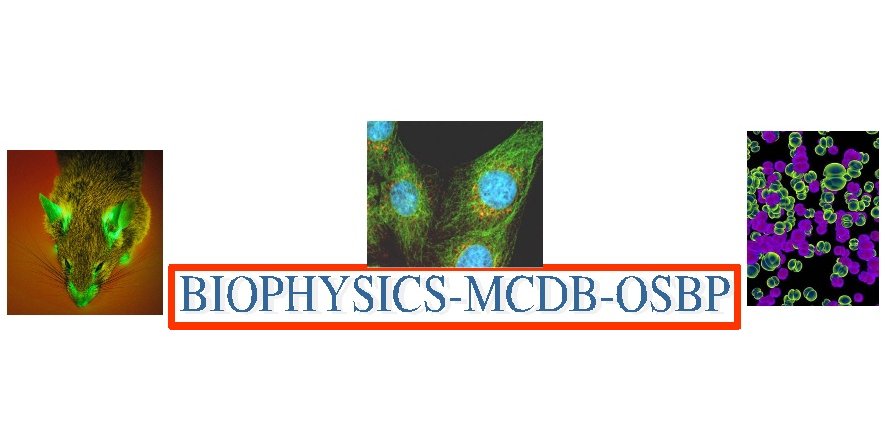Interdisciplinary Graduate Programs Symposium

2011 OSU Molecular Life Sciences
Interdisciplinary Graduate Programs Symposium

Poster abstracts
Abstract:
Thyroid cancer is the most prevalent endocrine malignancy in the general population, and mutations in both PRKAR1A and PTEN have been identified in patients. PRKAR1A is the type 1a regulatory subunit of Protein Kinase A (PKA) and PTEN is the phosphatase responsible for inactivation of the PI3K/AKT pathway. Deletion of either gene leads to over-activity of the pathway it regulates. Mutations in both of these genes have been observed in sporadic thyroid cancers, and each is also responsible for a distinct, hereditary endocrine neoplasia syndrome. PRKAR1A and PTEN inactivating mutations lead to Carney Complex (CNC) and Cowden Syndrome (CS), respectively. Both syndromes lead to tumor formation in endocrine tissues, including the thyroid.
Our lab studies the roles of each of these signaling molecules in the development of thyroid cancer by utilizing mouse models harboring Prkar1a and Pten mutations. We have generated these mouse models in order to: characterize the type of cancer developed with each mutation; identify the pathways and molecules involved in tumor formation; and attempt to inhibit these molecules in order to decrease tumor growth. Three mouse models are under investigation: Prkar1a thyroid specific knockout, Pten thyroid specific knockout, and Prkar1a;Pten thyroid specific knockout (double knockout). We have generated preliminary data showing that the Prkar1a-knockout is more carcinogenic than the Pten-knockout, and that there is differential activation of signaling pathways. The double knockout model is more aggressive than either single knockout and develops metastases in the lung. We next plan to use a combination of in vivo and in vitro techniques in order to identify these differentially activated signaling pathways and analyze the effects of inhibiting them on tumor growth. These results could lead to potential targets for therapy of thyroid cancer, not only for the rare CNC and CD patients, but, perhaps more importantly, for the sporadic thyroid cancer cases resulting from mutations in these genes.
Keywords: thyroid cancer, PKA, PTEN